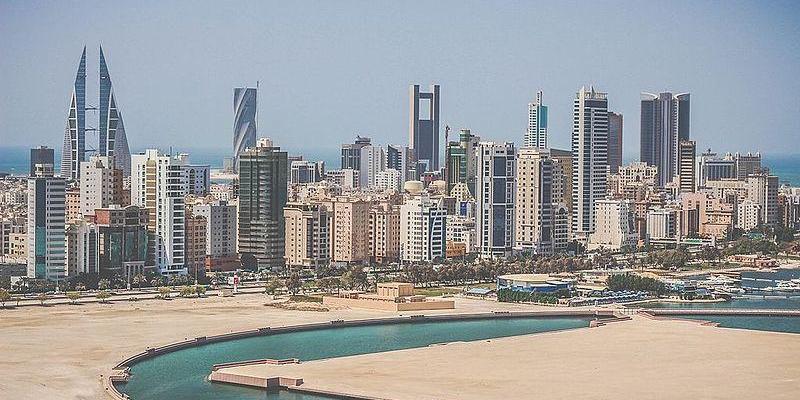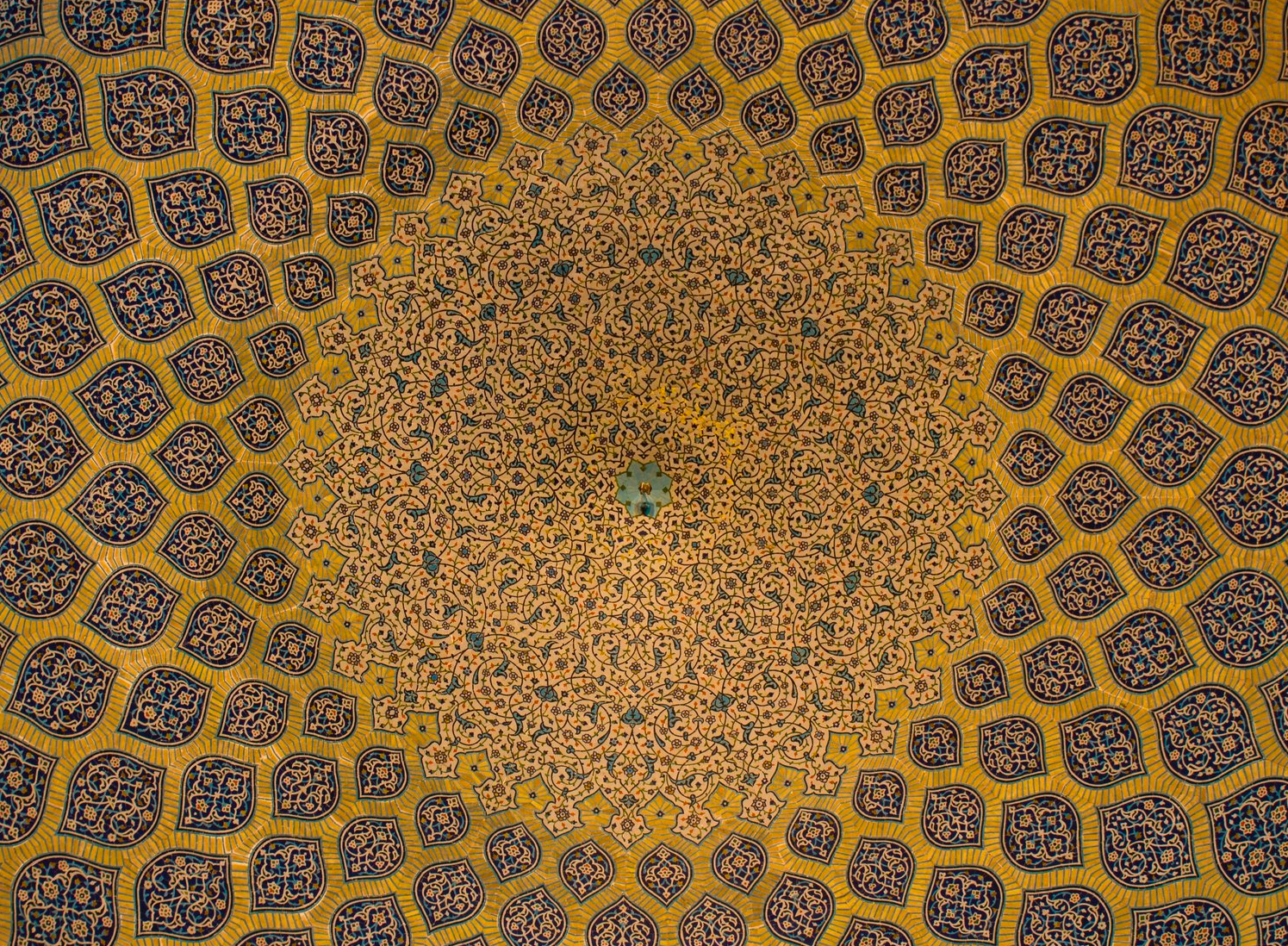Become a member
Get the latest research, news & events on topics and regions that interest you.
Register



Even though the Kingdom of Bahrain is regarded as an oil and gas producer, it is also one of the most diversified economies of the Gulf region. In 2021, the country unveiled a major economic reform plan aimed at investing no fewer than USD 30 billion in a variety of high added-value projects to accelerate the post-covid economic recovery and increase youth employment through its Tamkeen national training programme. The plan also seeks to greatly improve the business environment to attract foreign direct investments.
According to recent estimates, the reforms are already proving fruitful. In 2022, the country’s growth stood at 4.9 per cent, the Kingdom’s highest performance since 2013. This spectacular growth was notably driven by the non-oil sector, which contributed 83.1 per cent to the country’s GDP.
Shaikh Salman bin Khalifa Al Khalifa, Bahrain’s Minister of Finance and National Economy, said this performance is due to the “cumulation of many years of hard work and careful planning [by Bahrain] … to lay the foundations for a sustainable, diverse and prosperous economy.” Among the non-oil sectors, the hospitality industry (13.9 %), government services (6.7%), as well as real estate (5.5 %) were the main contributors to GDP growth in 2022.
In 2008, the Kingdom released its Economic Vision 2030, a comprehensive strategic plan based on three main pillars (i.e., sustainability, fairness, and competitiveness) aimed at making the private sector the main driver of the Bahraini economy after more than two decades of growth led by the public sector.
Alongside the ongoing economic diversification over the past few years, oil and gas production remains an important part of the national economy. In April 2018, Bahrain announced its biggest gas and oil discovery since the 1930s off the country’s West coast, which also boosted production. In 2021, Bahrain renewed the Exploration and Production Sharing Agreement with Italian company Eni to develop offshore conventional resources located in the country’s Northern territorial waters.
Over the past few years, the Bahraini government has also sought to rapidly develop the manufacturing sector, which contributed 4.9 per cent to GDP in 2022, with a particular emphasis on the petrochemical industry, including construction chemicals, water treatment chemicals, polymer and plastic additives, paints and coating additives, and oil field chemicals.
As with other GCC countries Bahrain has sought to invest in the green economy, with a strong interest in carbon capture and storage technologies, which it hopes to deploy across its oil and gas and industrial sectors. Such measures support global efforts to address climate change while also supporting economic diversification programmes in the Gulf.

Get the latest research, news & events on topics and regions that interest you.
RegisterAlready a member ? Log in
Privacy PolicyGet the latest research, news & events on topics and regions that interest you.
Not a member ? Subscribe
Get the latest research, news & events on topics and regions that interest you.
Alreday a member ? Log in
Privacy PolicyEnter your email below to recover your password
Thank you, you will receive an email to change your password
Your password is now updated